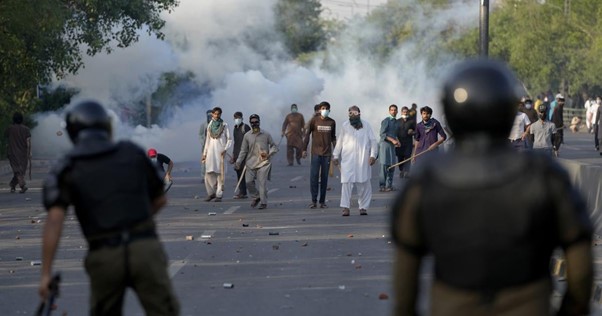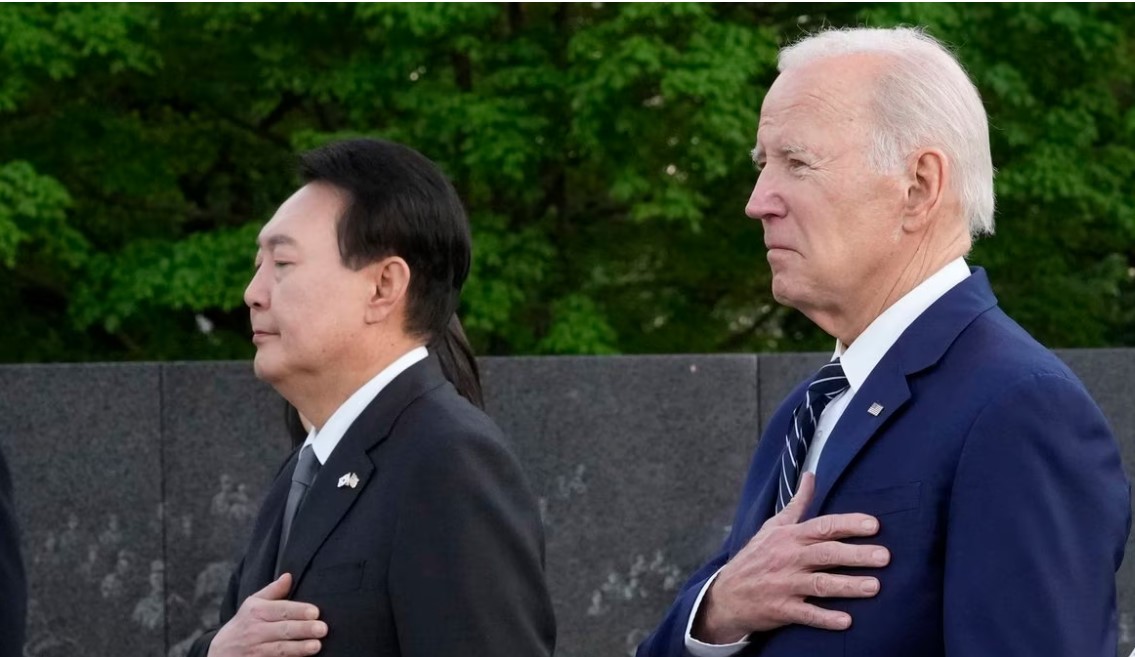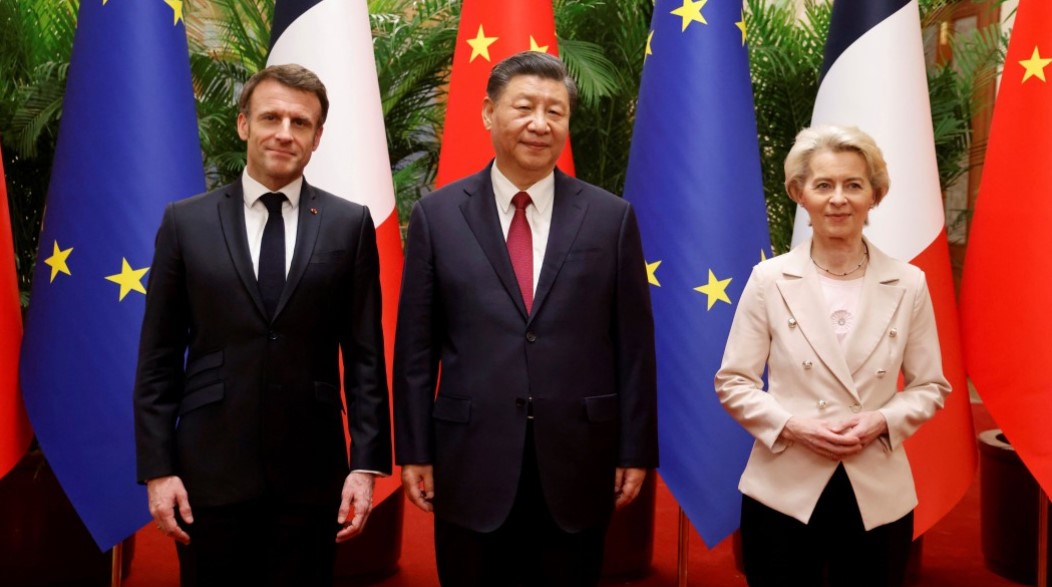Developments in Afghanistan: An Economic Overview
Wed, 15 Dec 2021 | Reading Time: 4 minutes
Finding sustainable sources of growth is Afghanistan’s most pressing economic challenge. The World Bank has committed more than $5.3 billion to development projects to date. The Afghanistan Reconstruction Trust Fund, which is administered by the World Bank, has raised more than $12.9 billion. Afghanistan has entered an economic crisis as a result of recent political developments. The Taliban took power in Afghanistan in August 2021, causing immediate repercussions across an economy that was already facing daunting development challenges. Rapid reductions in international grant support, loss of access to offshore assets, and disruptions in financial links are expected to result in a significant contraction of the economy, increased poverty, and macroeconomic instability.
Afghanistan faced daunting economic and development challenges even before the collapse of the government. Up until August 2021, Afghanistan’s economic growth was slow, reflecting low confidence amid a rapidly deteriorating security situation and severe drought conditions that hampered agricultural production. Furthermore, Afghanistan experienced a third COVID-19 wave beginning in April. Infection rates have reached all-time highs, with less than 5% of the population fully immunized because of the combined effects of a sudden halt in donor and government expenditure, trade disruptions, and banking sector dysfunction, the output is expected to have contracted sharply since the Taliban takeover.
Inflation gradually increased during the first half of 2021. In line with global trends, energy prices increased by 12% in the first half of the year. Prices for basic household goods, such as food and fuel, skyrocketed as the Taliban seized border posts and key transit hubs, disrupting supply chains. Following the Taliban takeover, inflation accelerated further due to currency depreciation, hoarding, and disruptions in international trade.
Throughout 2021, government revenues fell short of budgeted levels, owing to overly optimistic revenue targets. Since mid-July, revenue performance has deteriorated as the Taliban has taken control of major border crossings. Budget execution was hampered by deteriorating security conditions for project implementation (the development budget execution rate was 28.4 percent at end-July, compared to 32.1 percent in 2020, and slowed sharply thereafter). By early August, the Taliban had taken control of customs points that accounted for approximately 57 percent of total customs collections, or roughly 27 percent of total government revenue collection. In the Mid-Year Budget Review, the government revised revenue targets down by 26% and cut allocations to development projects and another discretionary spending by 45% (or US$ 0.5 billion). There is little information available on fiscal performance since the Taliban took over. The interim Taliban government has resumed centralized customs collections, with daily collections averaging 50-60% of the 2020 average.
The financial sector, which was already under pressure, has been pushed into a crisis. Due to a high volume of cash withdrawals from commercial banks and intensified US dollar auctions, both commercial banks and the central bank’s liquidity were significantly eroded in the run-up to the Taliban takeover. Banks ceased operations immediately following the Taliban takeover and have faced significant difficulties in processing international transactions since reopening due to the central bank’s restrictions on capital outflows and the reluctance of offshore corresponding banks to engage in transactions due to sanctions concerns. Firms and households have been unable to access bank deposits due to the central bank’s strict limits on withdrawals of US dollars and local currency. Firms’ ability to transfer funds overseas to pay for imports has been hampered by their limited ability to process international transactions.
Severe uncertainty and lower-than-expected donor inflows put pressure on the currency through the first half of 2021, with the Afghani depreciating by around 4% against the US dollar. The central bank responded by increasing US dollar interventions, which resulted in a slight depletion of international reserves. Money market fragmentation and sporadic Taliban efforts to control rates offered by traders make any accurate assessment of exchange rate movements since the Taliban takeover impossible.
The outlook for the economy and development is bleak. International aid cuts are causing a collapse in basic health and education services. The abrupt cessation of public sector activity will have ramifications throughout the economy, particularly in the service and construction sectors (which account for 58 percent of GDP). Declining grants, combined with a loss of access to foreign exchange, are expected to cause a balance-of-payments crisis, with Afghanistan historically reliant on grant inflows to finance its very large trade deficit (28 percent of GDP in 2020). Afghanistan is likely to face depreciation of the Afghani, inflation, and shortages of critical household goods such as food and fuel if current trends continue (around 80 percent of electricity, between 20-40 percent of wheat, and nearly all fuel oil is imported).
A significant proportion of the population is expected to fall below the poverty line, resulting in negative consequences through employment and price channels. Ten million Afghans are at risk of falling into poverty, with incomes ranging from one to 1.5 times the poverty line (US$0.94 per person per day). Food security will deteriorate as well, with long-term consequences given Afghanistan’s young population.
External Affairs Minister S Jaishankar met a delegation from the US Congress on November 12, 2021, and exchanged views on the developments in Afghanistan as well as the Indo-Pacific situation. India has been concerned about the potential consequences of the Taliban’s takeover of Afghanistan for regional security, and the issue is said to have been discussed. India and the United States have maintained regular dialogue and consultations on Afghanistan-related issues. In the face of increasing Chinese muscle-flexing in the region, the two sides have also been expanding their Indo-Pacific cooperation. The Delhi declaration of Afghanistan reiterated that humanitarian assistance should be provided to Afghanistan in an unhindered, direct, and assured manner and that the assistance be distributed within the country in a non-discriminatory manner to all segments of Afghan society. The importance of ensuring that the fundamental rights of women, children, and minority communities are not violated was emphasized. The summoning of the Delhi Declaration, which was attended by Central Asian countries, could pave the way for new developments in Afghanistan.
Disclaimer
The opinions expressed in this article are the author’s own and do not reflect the views of Chanakya Forum. All information provided in this article including timeliness, completeness, accuracy, suitability or validity of information referenced therein, is the sole responsibility of the author. www.chanakyaforum.com does not assume any responsibility for the same.
Chanakya Forum is now on . Click here to join our channel (@ChanakyaForum) and stay updated with the latest headlines and articles.
Important
We work round the clock to bring you the finest articles and updates from around the world. There is a team that works tirelessly to ensure that you have a seamless reading experience. But all this costs money. Please support us so that we keep doing what we do best. Happy Reading
Support Us




















POST COMMENTS (1)
Kalidan Singh